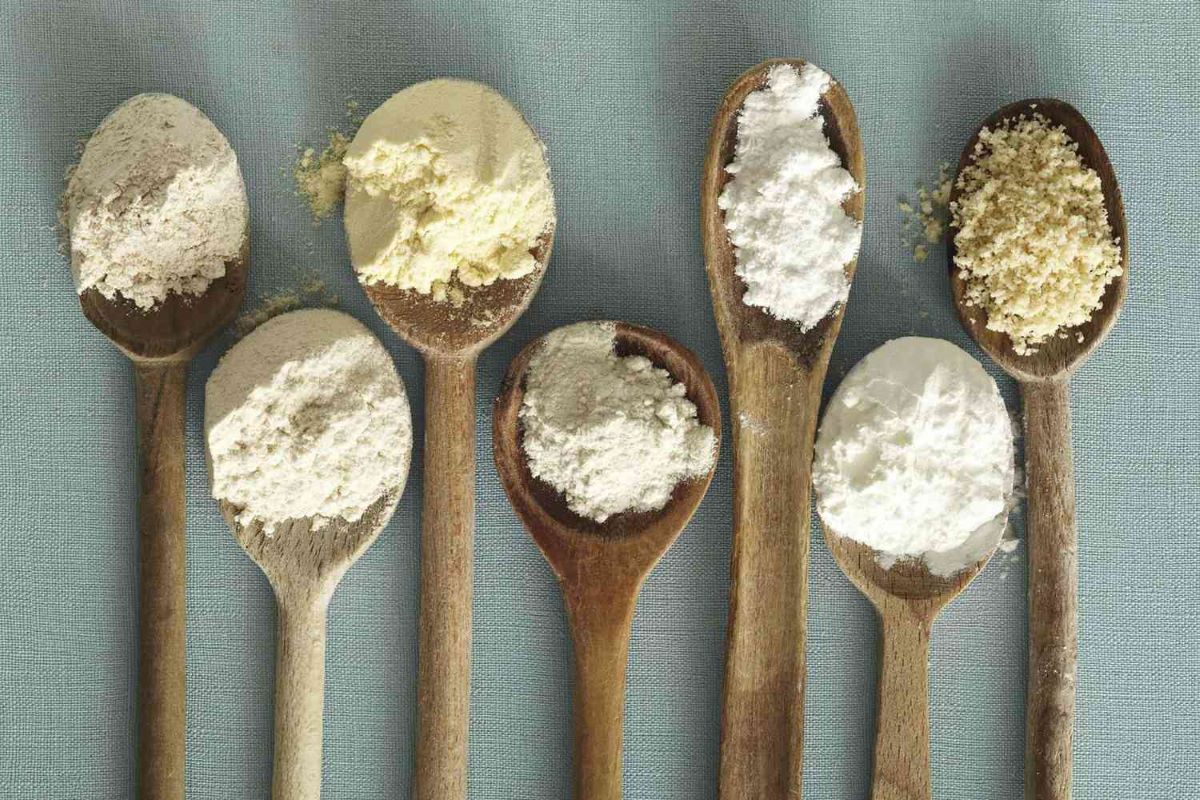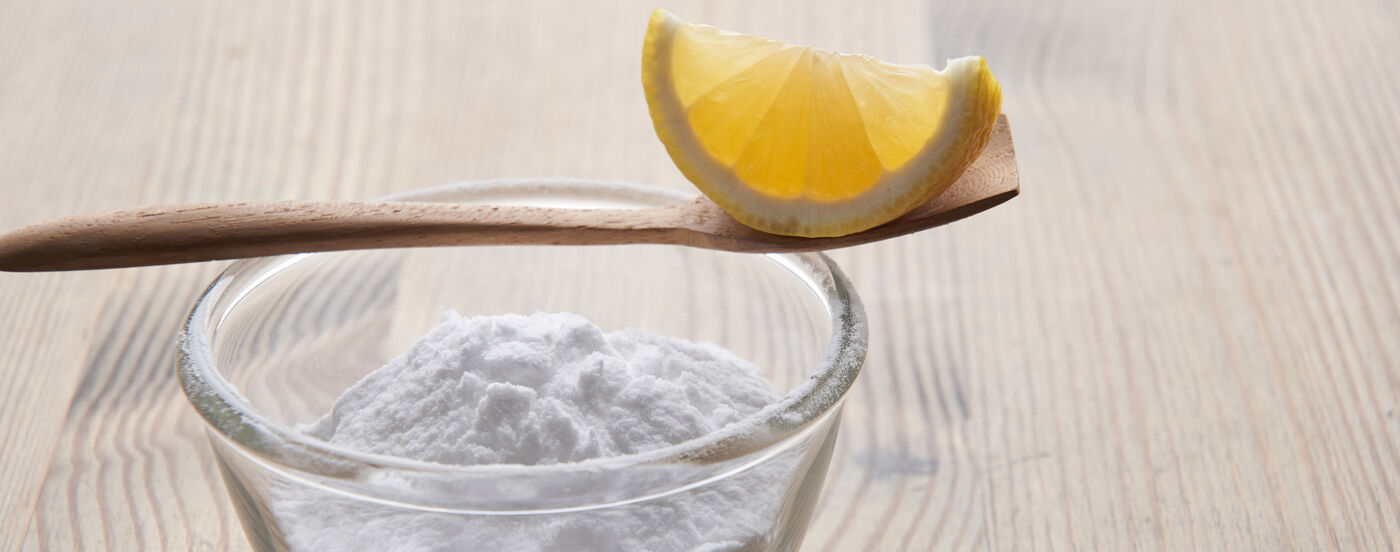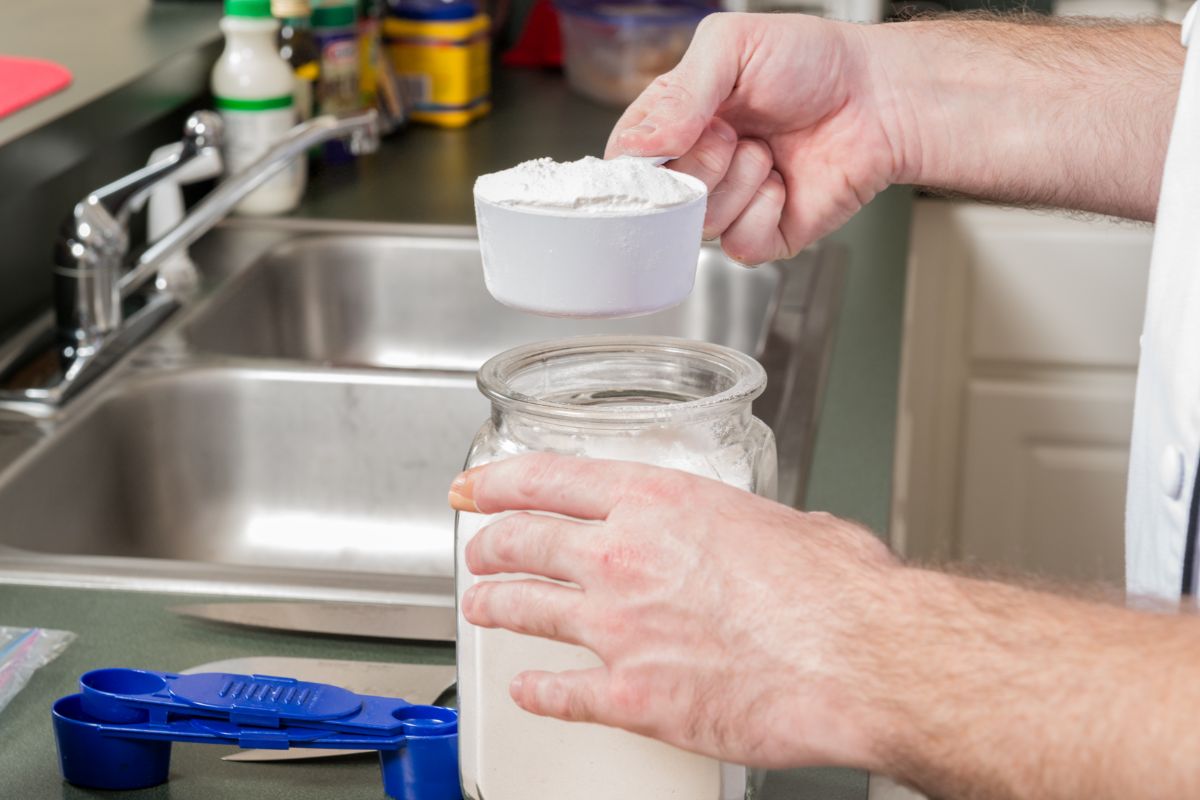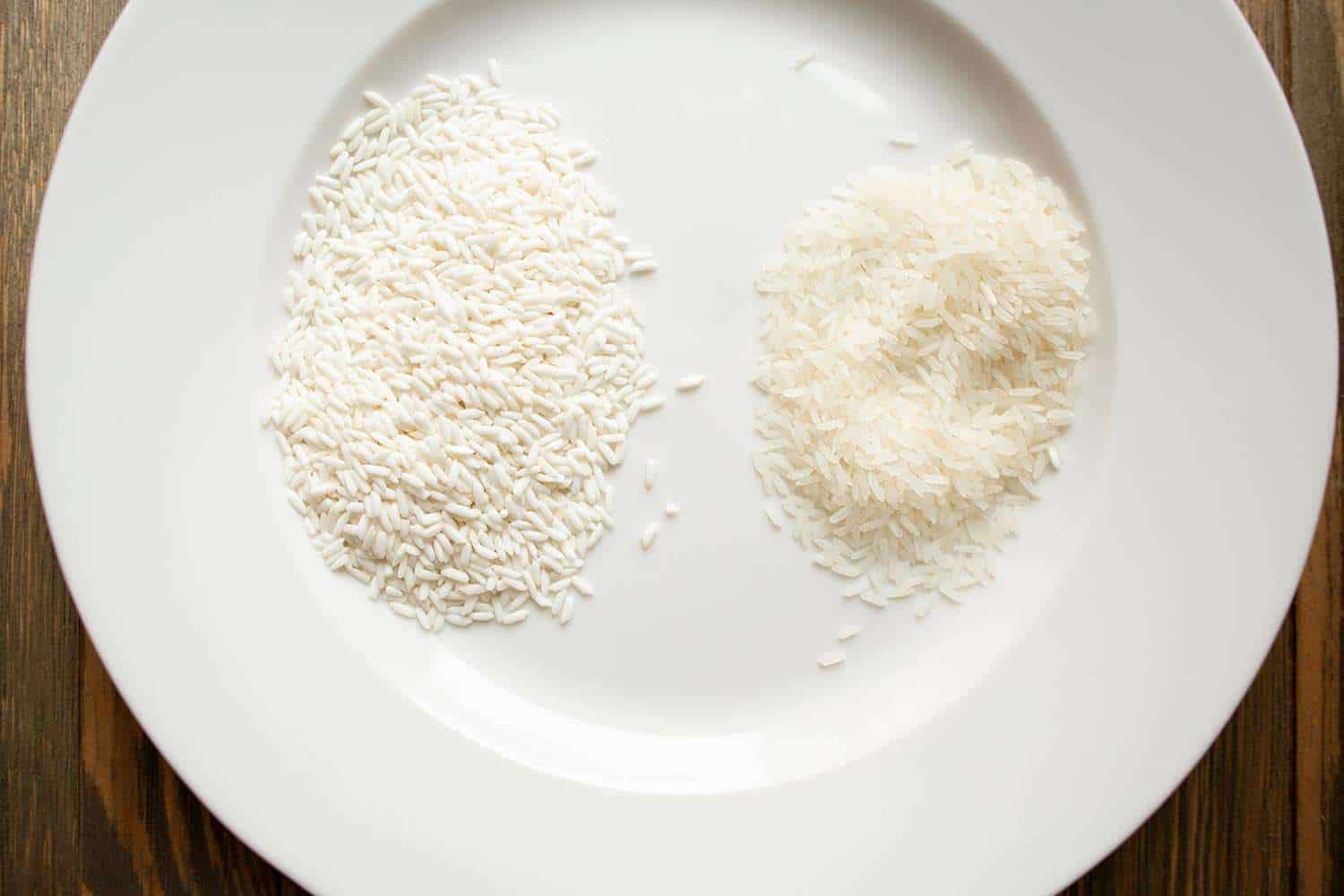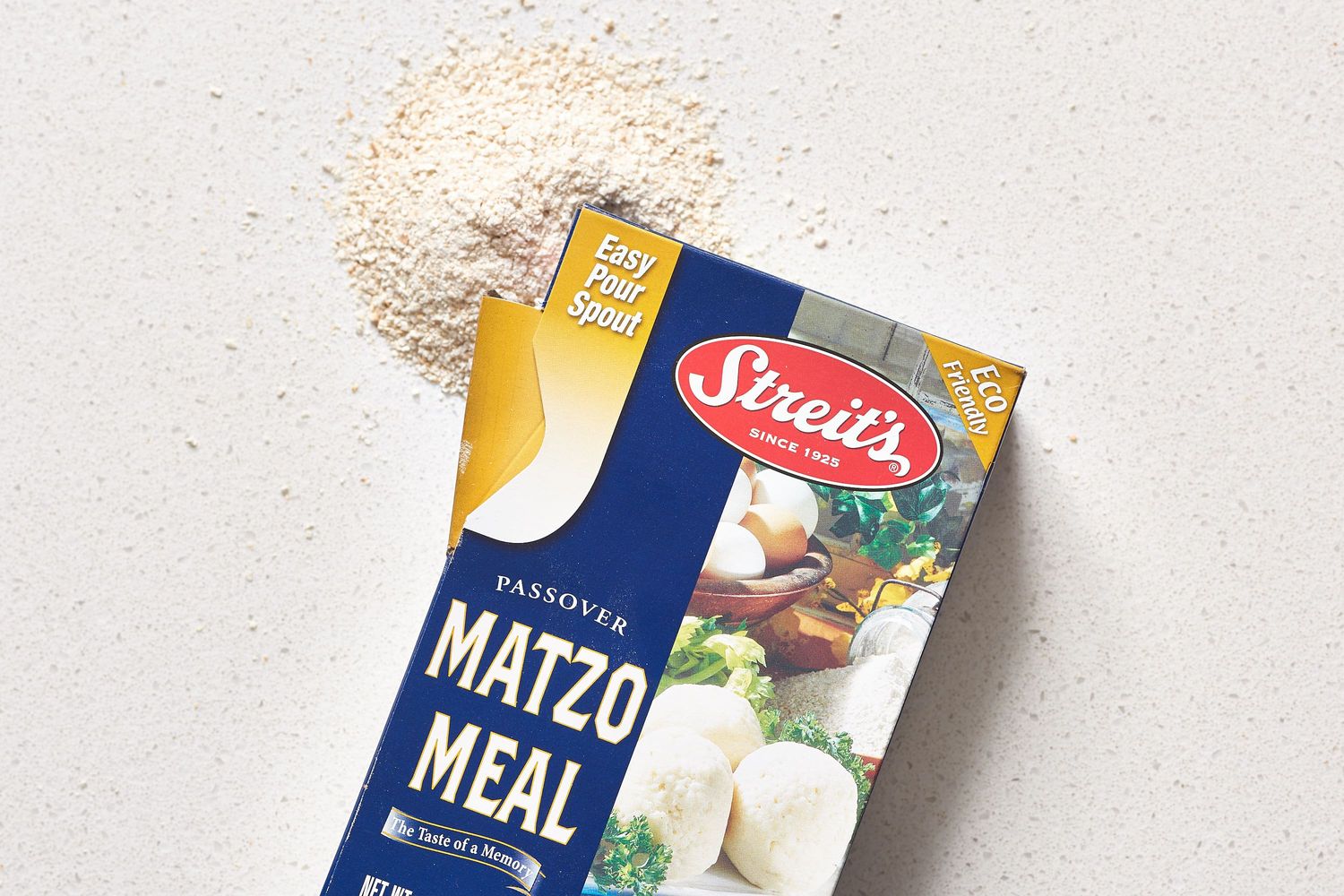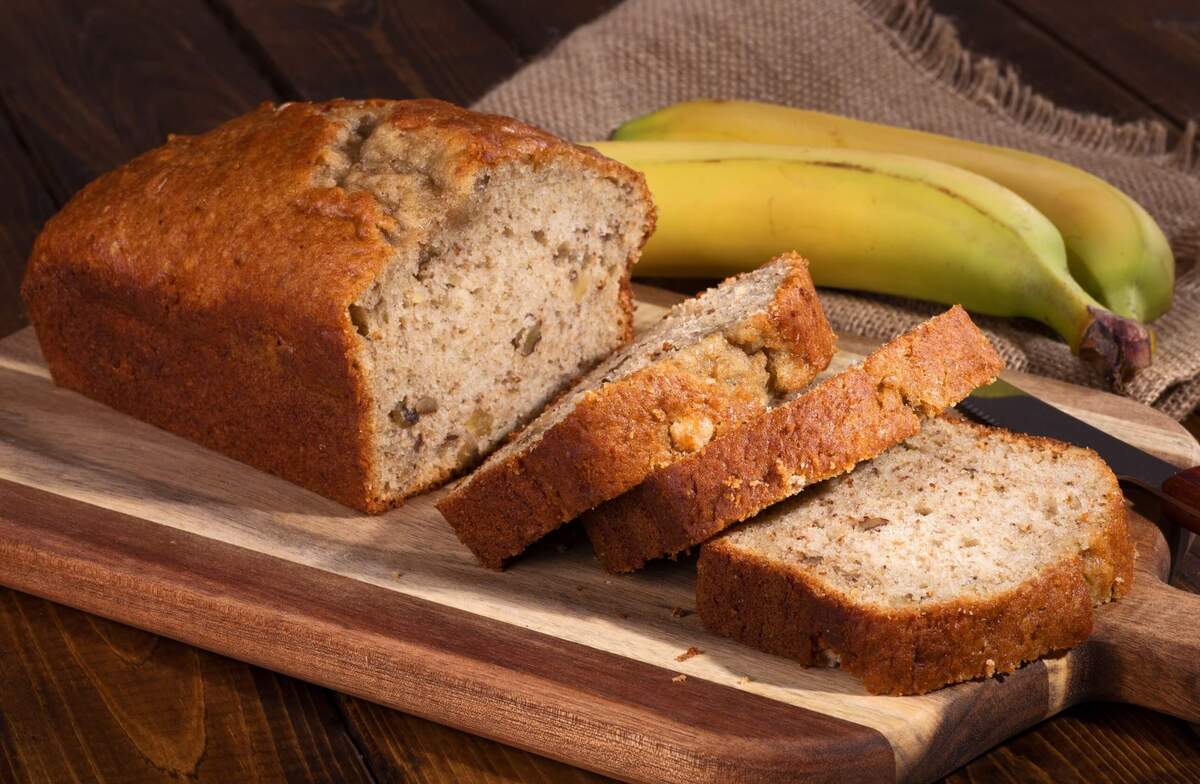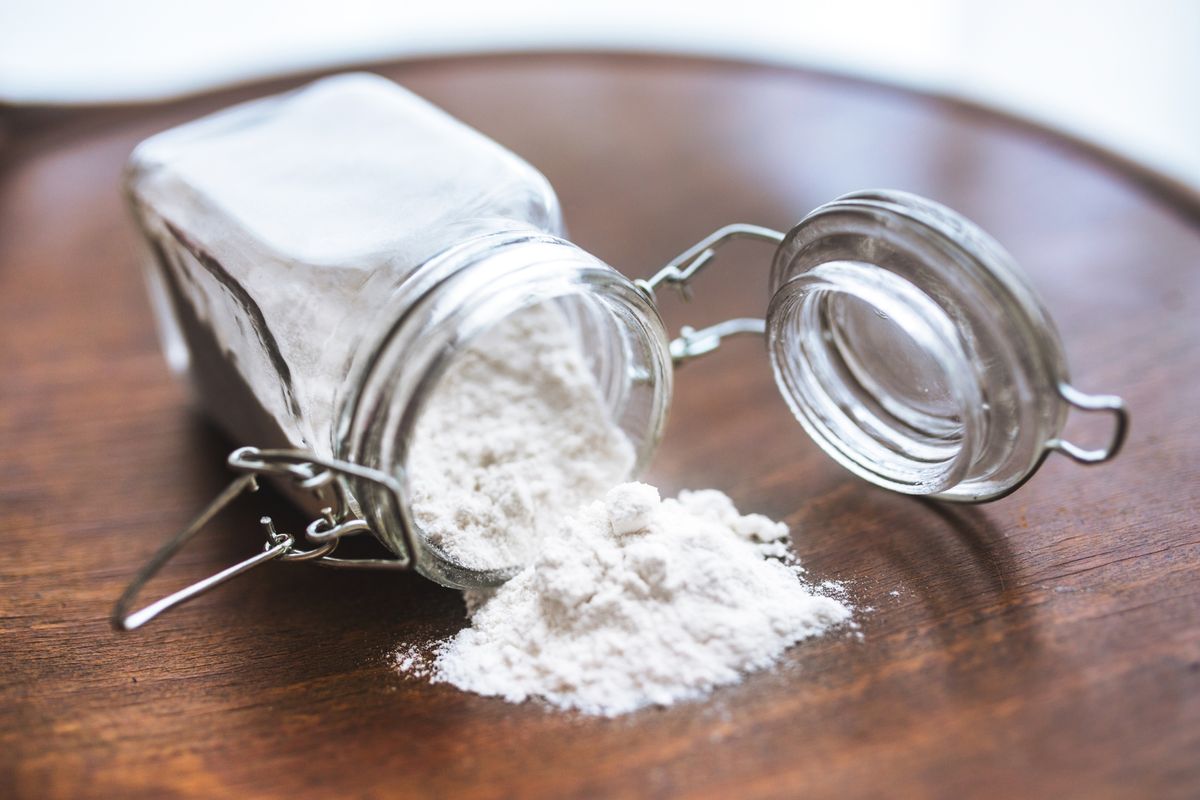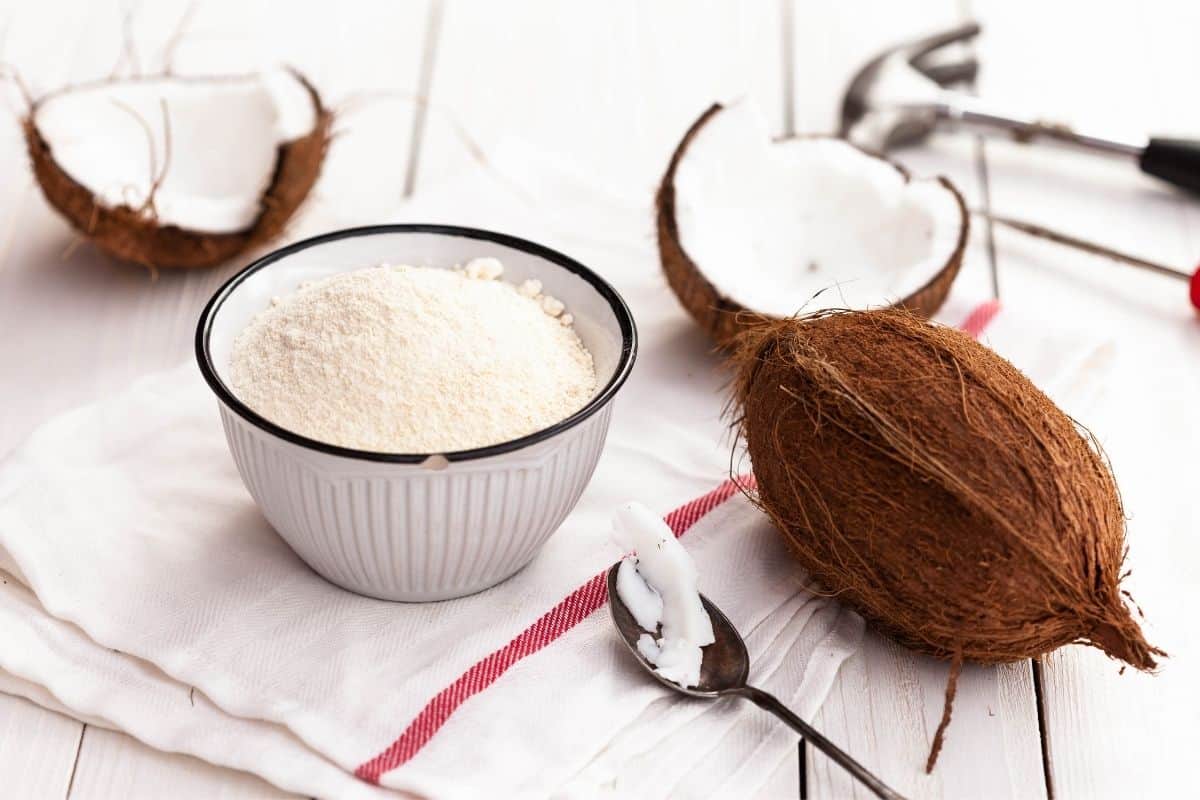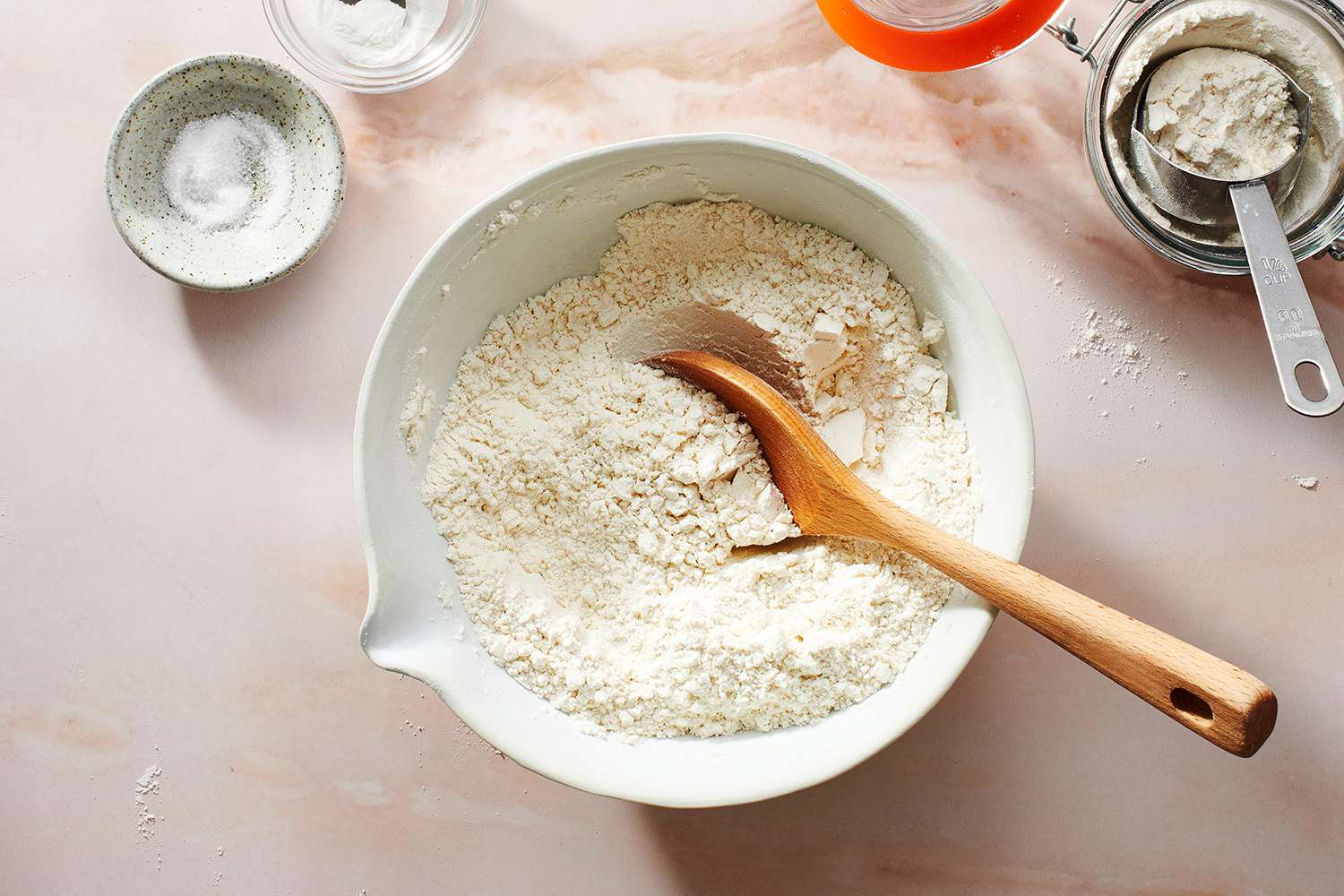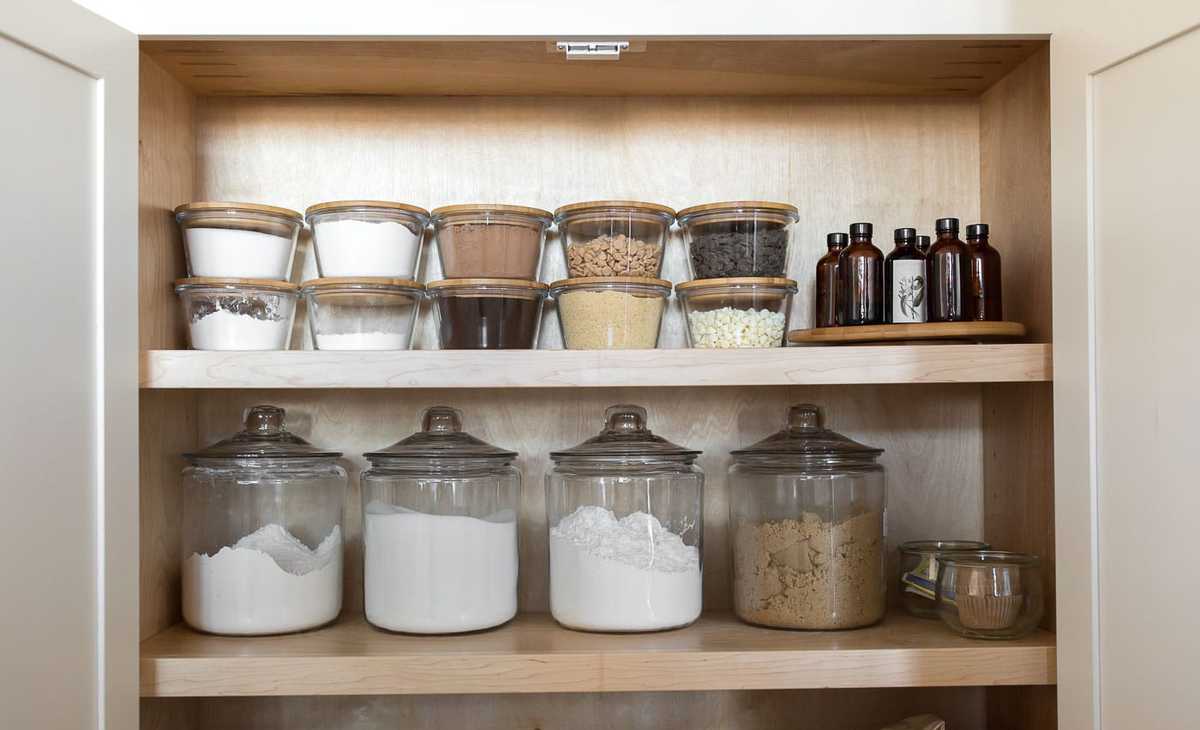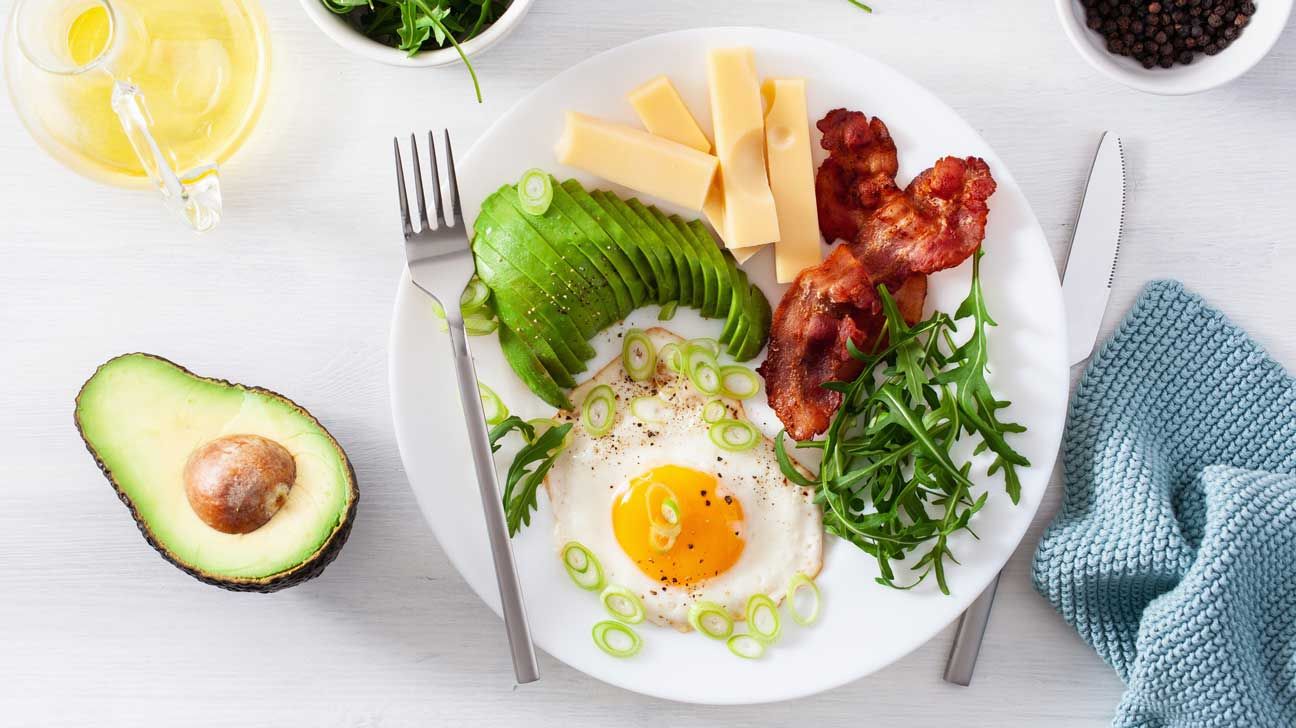The Best Substitutes for Flour
Flour is a staple ingredient in many recipes, but there are times when you may need to find a substitute. Whether you have dietary restrictions, allergies, or simply ran out of flour, fear not! There are plenty of versatile alternatives that will yield delicious results. In this article, we will explore some of the best substitutes for flour that you can easily incorporate into your cooking and baking.
1. Almond Flour
Almond flour is made from finely ground almonds and is a great gluten-free substitute for traditional wheat flour. Not only does it add a subtly sweet and nutty flavor to your dishes, but it also provides a good amount of protein and healthy fats. Almond flour is commonly used in gluten-free baking, such as in cookies, cakes, and bread.
2. Coconut Flour
Coconut flour is another excellent gluten-free option that imparts a mildly sweet taste and a hint of coconut flavor. It is high in fiber and lower in carbohydrates compared to traditional flour. Due to its high absorbency, recipes using coconut flour often call for more liquid and eggs. It works particularly well in muffins, pancakes, and pie crusts.
3. Oat Flour
If you have oats in your pantry, making oat flour is as easy as grinding them into a fine powder. Oat flour is a gluten-free and fiber-rich alternative that adds moisture and a subtle nutty flavor to your recipes. It’s a fantastic choice for pancakes, cookies, and quick breads.
4. Cassava Flour
Cassava flour, derived from the cassava root, is a grain and gluten-free alternative that is commonly used in paleo and gluten-free diets. It has a mild taste and a fine texture, making it a versatile substitute for wheat flour in various recipes, including cookies, tortillas, and cakes.
5. Chickpea Flour
Chickpea flour, also known as gram or garbanzo bean flour, is a protein-packed option that adds a slightly nutty taste to your dishes. It is a popular choice in Indian and Middle Eastern cuisine and works well in recipes like falafel, socca (a crispy pancake), and even as a thickener in soups and stews.
6. Quinoa Flour
Quinoa flour is made from ground quinoa and is an excellent gluten-free flour substitute. It has a slightly earthy flavor that complements both sweet and savory recipes. Quinoa flour is often used in baking cookies, muffins, and cakes, and it can also be used as a thickener in sauces and gravies.
Baking Tips:
- Remember that gluten-free flours tend to have different textures and absorbency levels compared to traditional flour. Adjustments in recipe proportions may be necessary.
- Experiment with combining different flours to achieve the desired taste and texture.
- Adding xanthan gum or psyllium husk powder to gluten-free flour substitutes can help improve the elasticity and structure in baked goods.
- Check recipes specifically designed for the alternative flours you are using, as they may have specific instructions for achieving the best results.
Next time you find yourself without flour or need a gluten-free option, give one of these fantastic substitutes a try. Not only will they add unique flavors and textures to your recipes, but they also offer a variety of health benefits. So go ahead, get creative, and enjoy your culinary adventures with these best flour substitutes!

